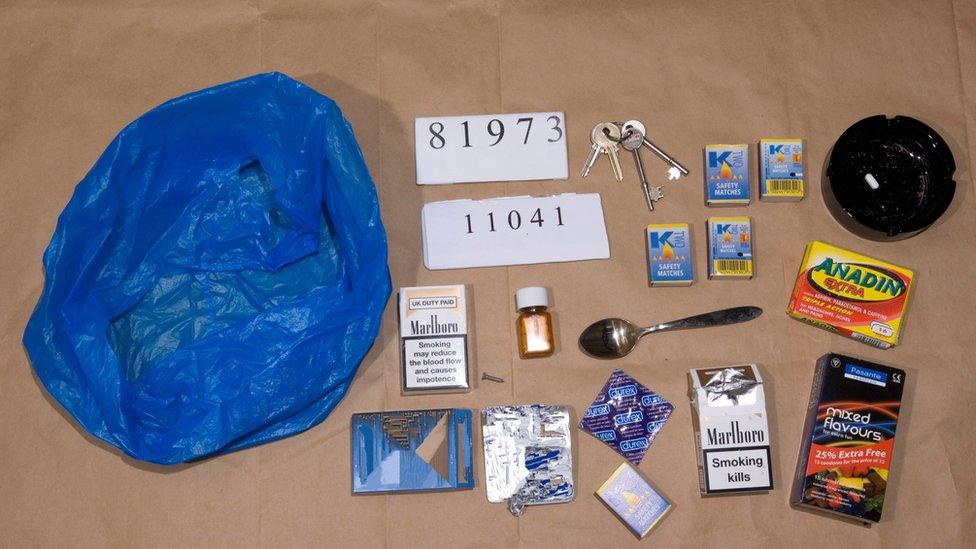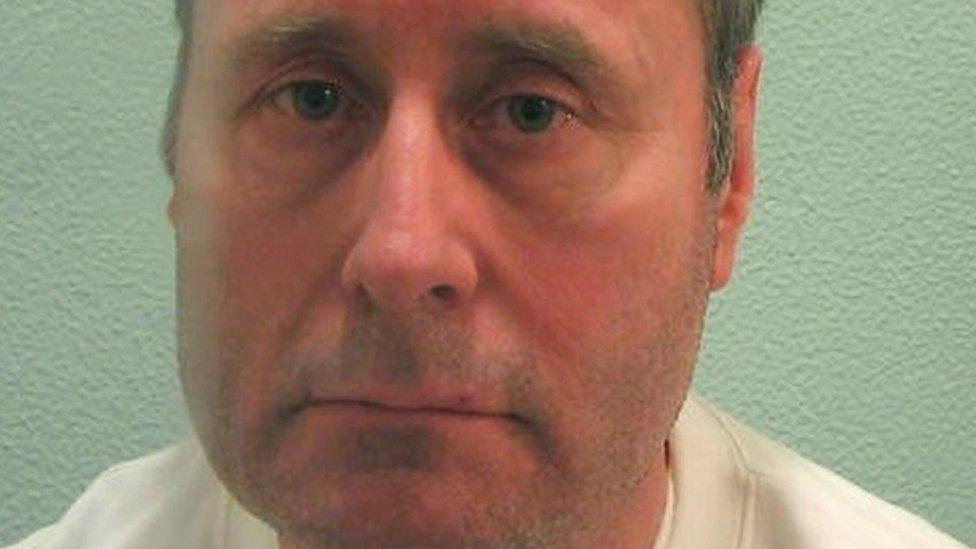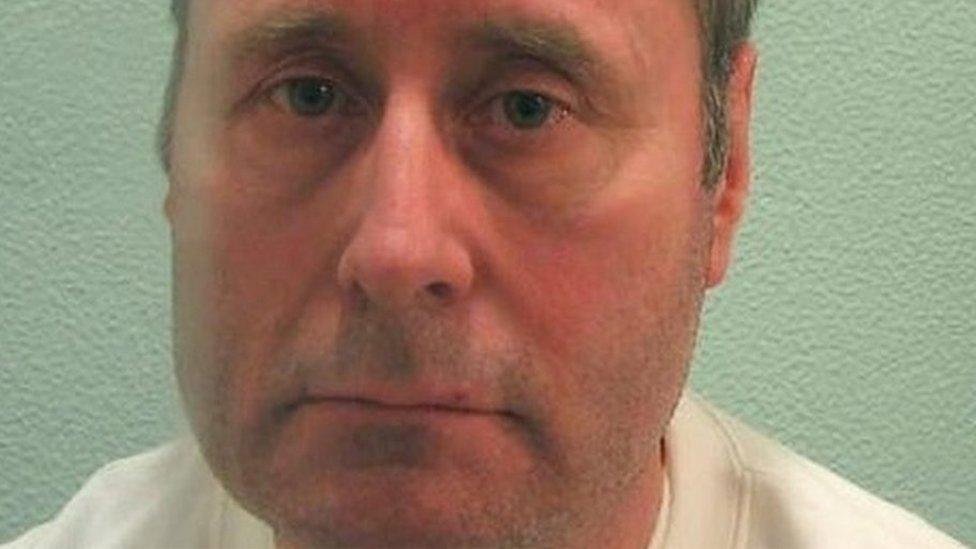John Worboys case: Legal implications of the judgement
- Published

The High Court described it as unique: A "difficult, troubling case with many exceptional features".
But the conclusions from this successful judicial review of the Parole Board's decision to release John Worboys will echo across Parliament and the courts for months and years to come, as well as forcing their way into countless legal textbooks.
The most immediate implication is that Worboys - a convicted rapist and serial sex attacker - will remain behind bars pending a new Parole Board hearing.
It is not possible to challenge the decision of the independent parole panel, but the judges have the power to demand they look again at the matter because the process was not conducted properly on "public law grounds".
The High Court ruled that the Parole Board didn't do its job properly. A dossier on Worboys was missing some key documents but, even so, the panel "should have undertaken further inquiry into the circumstances of his offending".
In other words, they were too trusting of a man known to be manipulative and dangerous. Their job was to assess risk, to decide if it was safe for the public to release him. But by failing to ask him about the numerous allegations which were never taken to court, they missed an opportunity to test whether Worboys was the "open and honest" character he claimed to be.
Despite references in the dossier to "80-plus potential victims", the panel did not take this into account. Worboys was convicted on 19 offences, including rape and sexual assault, against 12 victims. But the panel was entitled - indeed, duty bound in this case - to assess the risk Worboys posed by asking him about the catalogue of unproven allegations made against him.
This is a change in approach that will have consequences in some other cases. The judges made clear that "it is not the role of the Parole Board to determine the prisoner's guilt in relation to matters where no such finding has been made by a criminal court", but the fact an allegation has not resulted in a conviction should not bar the panel from considering it in deciding whether it is safe to release a prisoner.
Victim: 'The police assumed I was some drunk'
New guidance will be issued making it clear that relevant past offending should be included in the dossiers submitted to the Parole Board, and that it can and should be considered as part of the hearing.
In prominent and complex cases, the High Court judges said, it might be sensible to have a judge or retired judge chair the panel - a clear criticism of the Parole Board's performance in the Worboys case, but also a suggestion that the system isn't good enough.
The case also sees the end of Rule 25 that forbids the Parole Board from making public the details of their decisions. The Ministry of Justice has announced it will now review all the rules governing the board and that summaries of decisions will be made available to victims in those cases.
This will need to be treated with some care because the reason for the rule in the first place was to prevent decisions on parole becoming the subject of political or press campaigns. The extent to which the wider public will be able to see and challenge the decision making of the board remains an open question.
In the House of Commons, the former Lord Chancellor Kenneth Clarke said "criminal sentencing should never be a question of campaigning and responding to popular pressure", adding that "it would be a very bad day if ministers started intervening in criminal justice cases and did not judge them objectively".
The High Court, however, said Rule 25 was unlawful because its blanket ban contravened the principle of open justice. They thought it would be quite possible to "reformulate" the rule so that it still preserves the fundamental rights of the prisoner but gives victims an understanding of the reasons behind a parole decision.
The resignation of Parole Board chairman Nick Hardwick was welcomed by some MPs this afternoon, but others suggested he had been made a scapegoat for the failings of the government.
The Justice Secretary David Gauke was ultimately responsible for the faulty dossier that was used by the Parole Board. The High Court noted that that did not include vital information including details of the "rape kit" Worboys kept in the boot of his cab, the remarks of the sentencing judge at his trial and new information that emerged when victims took legal action against the Metropolitan Police.

Police found a 'rape kit' with contraceptives and drugs in the cab where Worboys drugged and sexually assaulted female passengers
Pressed on this point in the Commons, Mr Gauke accepted that his department had failed to include all the information but noted that it was "for the Parole Board to satisfy themselves that an offender is no longer a risk to the public".
The Justice Secretary was also criticised for his decision not to pursue a Judicial Review himself, on the basis of legal advice that there was "no reasonable prospect of success". Mr Gauke said he had concluded the "victims were in a better position" than he was to seek a review.
Kenneth Clarke supported his party colleague in deciding not to pursue a challenge, arguing that "it would have been absolutely scandalous to ignore the legal advice" he had received. Others suggest that, having briefed newspapers that he was considering a challenge, to then not pursue one and potentially allow Worboy's release showed poor judgment.
This case has shone a light on the workings of the Parole Board and found it wanting. The hard part will be in devising a new system that is more transparent and more robust but does not threaten the independence of the vital work it does.
- Published19 March 2018

- Published28 March 2018

- Published28 March 2018

- Published4 January 2018
